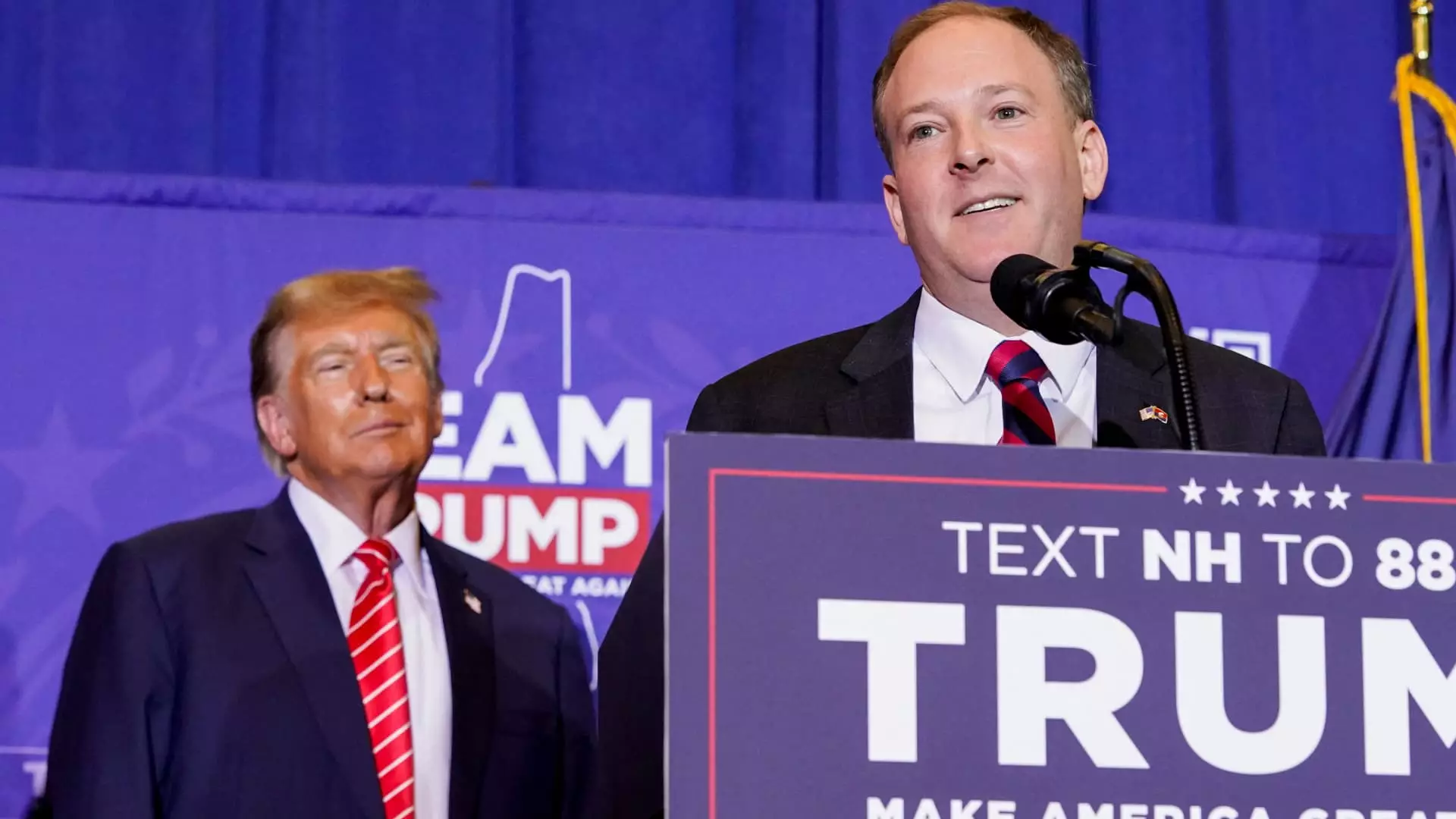The political landscape in the United States is often shaped by the appointments made by the sitting president, reflecting priorities and ideologies that resonate with their voter base. Recently, President-elect Donald Trump announced notable selections for critical roles within his administration, appointing former Congressman Lee Zeldin to lead the Environmental Protection Agency (EPA) and current Representative Elise Stefanik as the U.S. Ambassador to the United Nations (UN). Both selections lean toward a clear Republican agenda, indicating an unwavering commitment to certain policies that favor business interests over environmental regulations.
Lee Zeldin’s nomination has drawn significant scrutiny from environmental advocacy groups. As a former congressman, Zeldin represented a Long Island district for four terms and has often been characterized as a staunch advocate of “America First” policies. His statements suggest intentions to streamline regulations designed to protect the environment, claiming they inhibit American businesses. In his own words, Zeldin has asserted the need for “fair and swift deregulatory decisions” to stimulate economic growth, a position that raises alarms among environmentalists.
A closer examination of Zeldin’s career reveals a troubling history regarding environmental policy. With a dismal 14% lifetime rating from the League of Conservation Voters—a group that assesses lawmakers based on their environmental stances—his record speaks volumes about his commitment to safeguarding the nation’s natural resources. This has prompted major environmental organizations such as the Sierra Club to voice their opposition vehemently. Executive Director Ben Jealous characterized the selection as “an unqualified, anti-American worker” whose vision contradicts the EPA’s mission, raising important questions about the direction of U.S. environmental policies under his leadership.
Moreover, Zeldin’s ambitious plans to revitalize the energy and auto industries while embracing technological advancements like artificial intelligence intersect with long-standing debates about the environmental costs associated with such progress. Critics worry that prioritizing economic growth without committing to sustainable practices may exacerbate existing environmental issues, risking public health and long-term ecological stability.
The appointment of Elise Stefanik as U.S. Ambassador to the UN brings another layer of complexity to the discussion. Stefanik, known for her role as the chair of the House Republican Conference and her participation in key committees, has made a name for herself within the GOP. Trump lauded her as the first congressional member to endorse him, framing her selection as a move to bolster “Peace through Strength” in America’s foreign policy.
However, her selection is not without its implications. If Stefanik assumes this role, it potentially reduces the Republican presence in the House of Representatives, complicating the party’s control during a time when they hold a fragile majority. The transition of a sitting representative to an ambassadorial position highlights the strategic calculations often made by political leaders, balancing ambitions with party dynamics.
While Stefanik’s experience offers her a firm grounding in issues of national security and international relations, her approach is likely to mirror the administration’s overall stance, which prioritizes national interests over collaborative international efforts. This approach raises concerns among critics who fear that the U.S. might withdraw from global leadership, particularly on pressing issues such as climate change.
The implications of these appointments are profound, not only for environmental policy and foreign relations but for the broader political climate in the United States. As the Trump administration proceeds with its agenda, the emphasis on deregulation and partisan allegiance over bipartisan cooperation tells a story of a governance model that may further polarize the national discourse.
Zeldin and Stefanik’s roles will undoubtedly shape the narrative surrounding environmental and diplomatic efforts, testing the resilience of U.S. institutions when faced with competing priorities. As observers and stakeholders await the rollout of these policies, a critical examination reveals the potential for significant shifts in both local and global landscapes—effects that will resonate long after the dust settles from Trump’s administration.
Ultimately, the effectiveness and public reception of these appointments will depend on their ability to balance the competing demands of industry, environmental protection, and global engagement. The stakes are high, and the actions taken by Zeldin and Stefanik will be closely scrutinized.

Leave a Reply